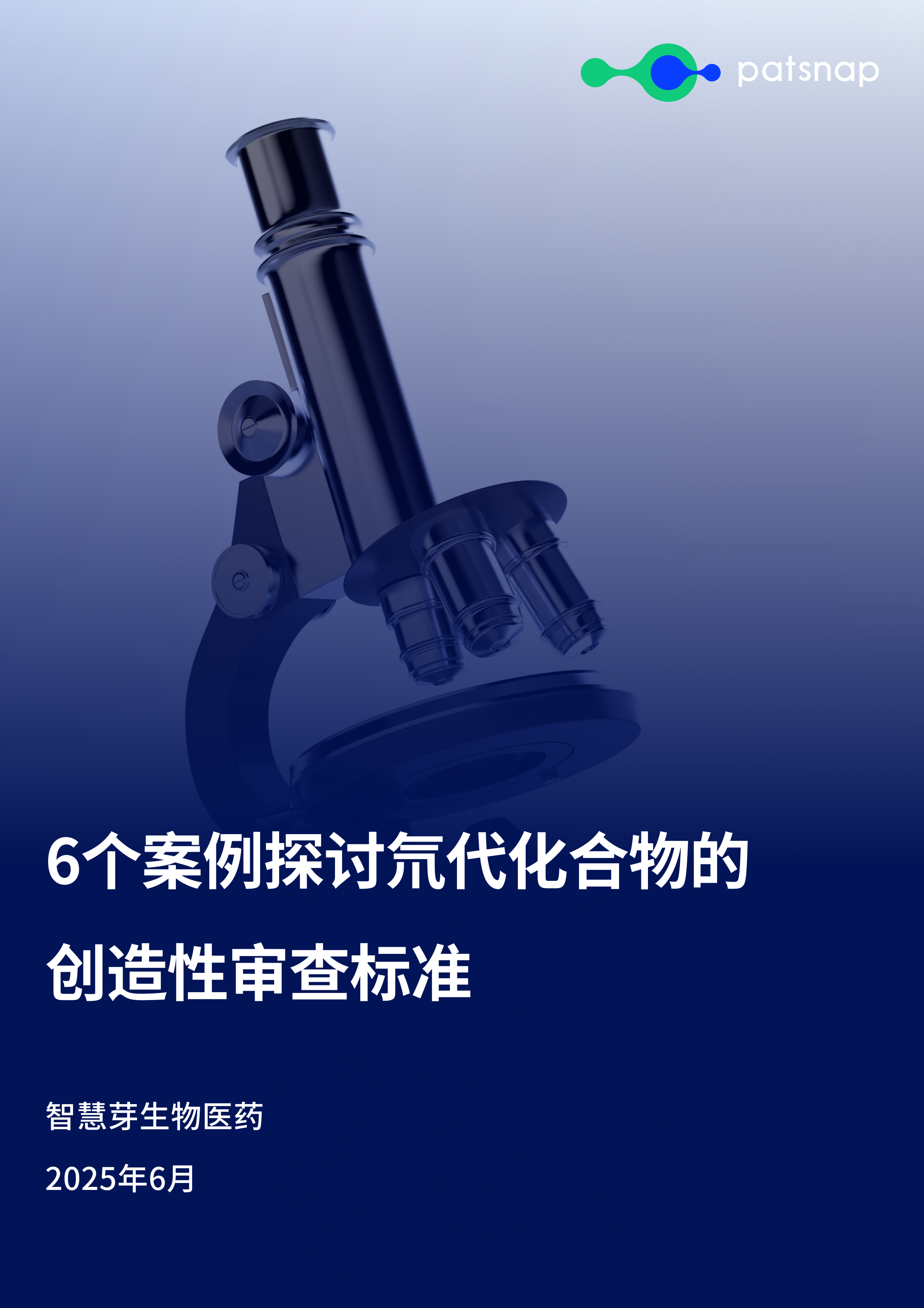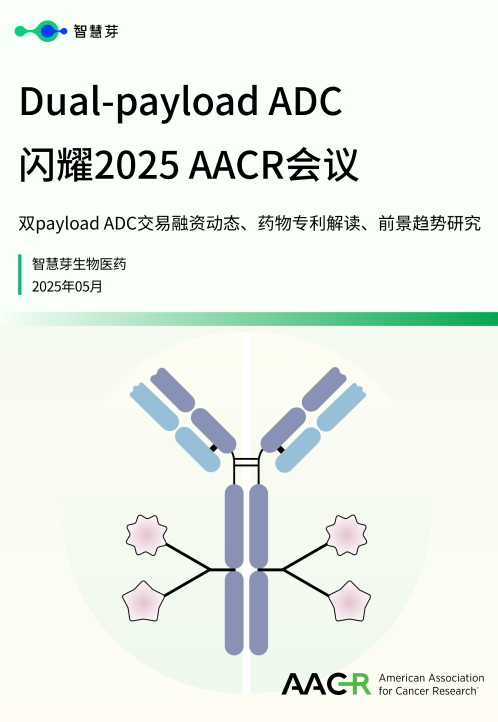预约演示
Air cleaners don't stop you getting sick
2023-11-17
New research shows that air filtration systems or 'air cleaners' don't stop you getting sick. Air cleaners are designed to filter pollutants or contaminants out of the air that passes through them.
Air filtration systems do not reduce the risk of picking up viral infections, according to new research from the University of East Anglia.
A new study published today reveals that technologies designed to make social interactions safer in indoor spaces are not effective in the real world.
The team studied technologies including air filtration, germicidal lights and ionisers.
They looked at all the available evidence but found little to support hopes that these technologies can make air safe from respiratory or gastrointestinal infections.
Prof Paul Hunter, from UEA's Norwich Medical School, said: "Air cleaners are designed to filter pollutants or contaminants out of the air that passes through them.
"When the Covid pandemic hit, many large companies and governments -- including the NHS, the British military, and New York City and regional German governments -- investigated installing this type of technology in a bid to reduce airborne virus particles in buildings and small spaces.
"But air treatment technologies can be expensive. So it's reasonable to weigh up the benefits against costs, and to understand the current capabilities of such technologies."
The research team studied evidence about whether air cleaning technologies make people safe from catching airborne respiratory or gastrointestinal infections.
They analysed evidence about microbial infections or symptoms in people exposed or not to air treatment technologies in 32 studies, all conducted in real world settings like schools or care homes. So far none of the studies of air treatment started during the Covid era have been published.
Lead researcher Dr Julii Brainard, also from UEA's Norwich Medical School, said: "The kinds of technologies that we considered included filtration, germicidal lights, ionisers and any other way of safely removing viruses or deactivating them in breathable air.
"In short, we found no strong evidence that air treatment technologies are likely to protect people in real world settings.
"There is a lot of existing evidence that environmental and surface contamination can be reduced by several air treatment strategies, especially germicidal lights and high efficiency particulate air filtration (HEPA). But the combined evidence was that these technologies don't stop or reduce illness.
"There was some weak evidence that the air treatment methods reduced likelihood of infection, but this evidence seems biased and imbalanced.
"We strongly suspect that there were some relevant studies with very minor or no effect but these were never published.
"Our findings are disappointing -- but it is vital that public health decision makers have a full picture.
"Hopefully those studies that have been done during Covid will be published soon and we can make a more informed judgement about what the value of air treatment may have been during the pandemic."
This research was led by the University of East Anglia with collaborators at University College London, the University of Essex, the Norfolk and Norwich University Hospital Trust, and the University of Surrey.
It was funded by the National Institute for Health and Care Research Health Protection Unit in Emergency Preparedness and Response, led by Kings College London and UEA in collaboration with the UK Health Security Agency.
更多内容,请访问原始网站
文中所述内容并不反映新药情报库及其所属公司任何意见及观点,如有版权侵扰或错误之处,请及时联系我们,我们会在24小时内配合处理。
靶点
-药物
-Eureka LS:
全新生物医药AI Agent 覆盖科研全链路,让突破性发现快人一步
立即开始免费试用!
智慧芽新药情报库是智慧芽专为生命科学人士构建的基于AI的创新药情报平台,助您全方位提升您的研发与决策效率。
立即开始数据试用!
智慧芽新药库数据也通过智慧芽数据服务平台,以API或者数据包形式对外开放,助您更加充分利用智慧芽新药情报信息。





